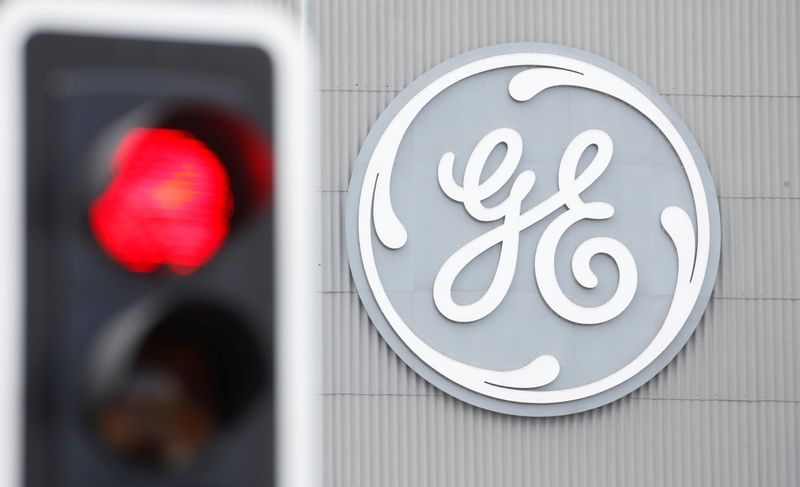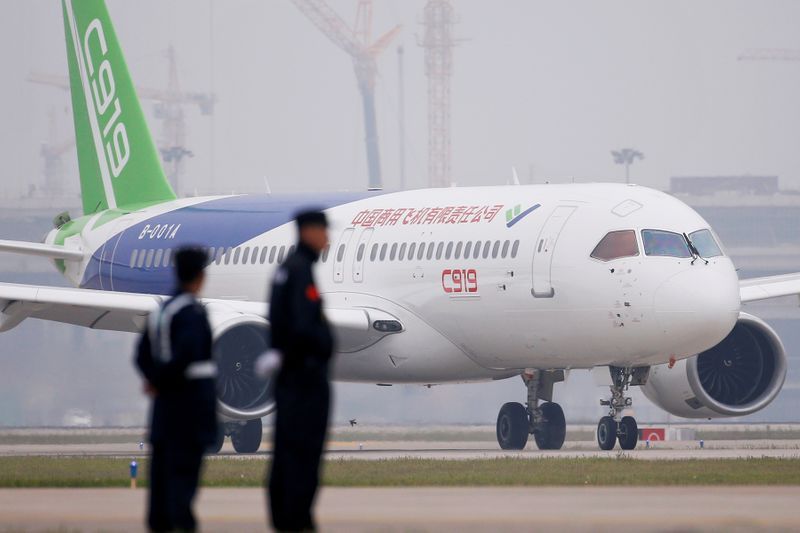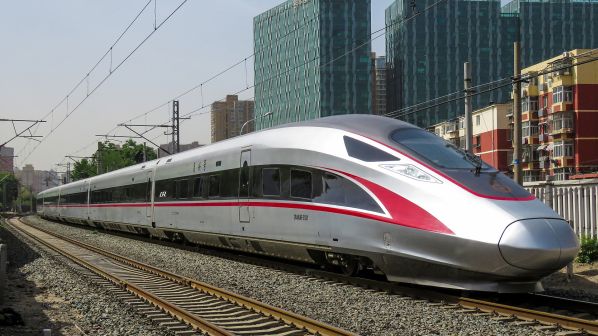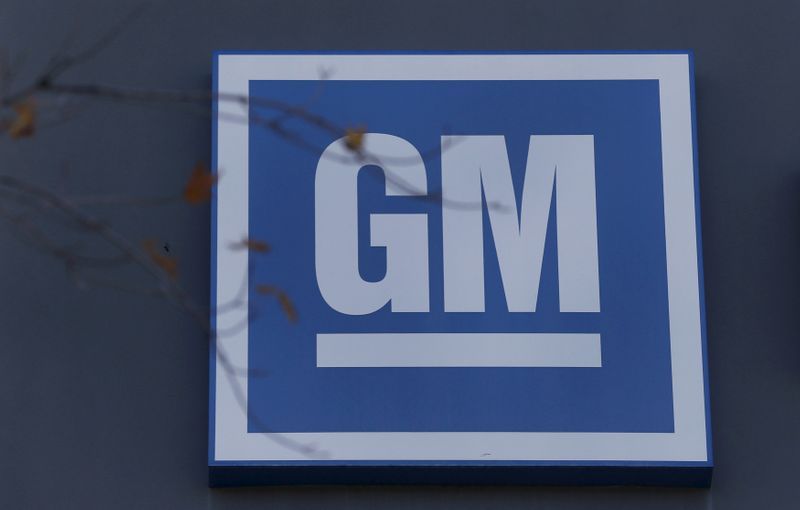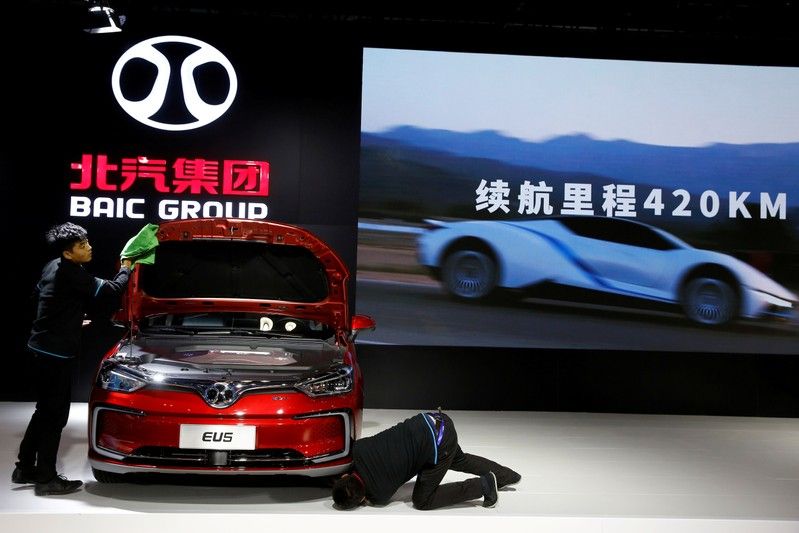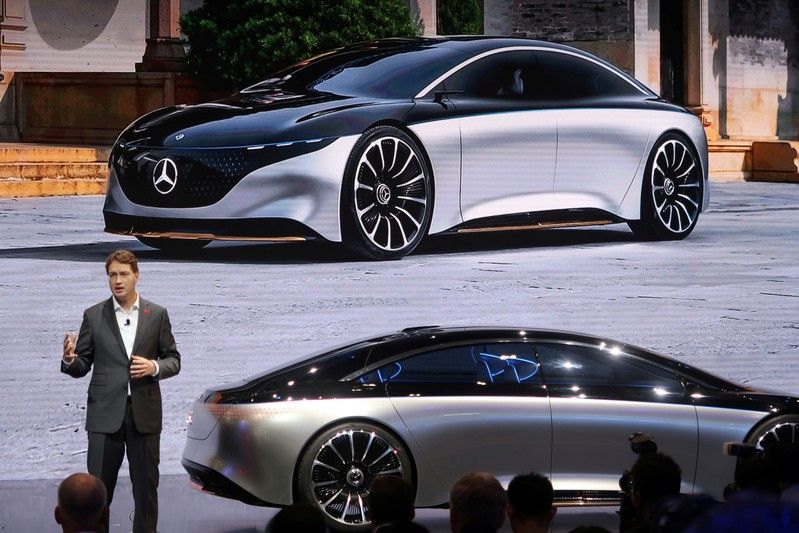Embraer (ERJ) delivered a total of 198 jets in 2019, of which 89 were commercial aircraft and 109 were executive jets (62 light and 47 large), which represents an increase of 9% compared to 2018, when the Company delivered a total of 181 jets. The deliveries were within the outlook ranges for 2019 of 85 to 95 for the commercial aviation market and of 90 to 110 for the business aviation market. In the fourth quarter of 2019, Embraer delivered 81 jets, being 35 commercial aircraft and 46 executive jets (20 light and 26 large). As of December 31, the firm order backlog totaled USD 16.8 billion. See details below:
| Deliveries by Segment | 4Q19 | 2019 |
| Commercial Aviation | 35 | 89 |
| EMBRAER 175 (E175) | 22 | 67 |
| EMBRAER 190 (E190) | 2 | 5 |
| EMBRAER 195 (E195) | 1 | 3 |
| EMBRAER 190-E2 (E190-E2) | 4 | 7 |
| EMBRAER 195-E2 (E195-E2) | 6 | 7 |
| Executive Aviation | 46 | 109 |
| Phenom 100 | 4 | 11 |
| Phenom 300 | 16 | 51 |
| Light Jets | 20 | 62 |
| Legacy 650 | 3 | 5 |
| Legacy 450 | 10 | 15 |
| Legacy 500 | 5 | 11 |
| Praetor 500 | 3 | 3 |
| Praetor 600 | 5 | 13 |
| Large Jets | 26 | 47 |
| TOTAL | 81 | 198 |
In the fourth quarter of 2019, Embraer delivered the first Praetor 500 business jet to Flexjet, a global leader in private jet travel, just over one year after its announcement at the 2018 National Business Aviation Association’s Business Aviation Convention and Exhibition (NBAA-BACE).

Embraer also announced the expansion of its Executive Jets Service Center at Fort Lauderdale-Hollywood International Airport (KFLL), expanding its service capacity through a lease agreement with Jetscape Services for a dedicated hangar. Embraer’s presence in Florida is strategic for its Executive Jets customers throughout the Southern United States, the Caribbean and Central America as well as for those whose travel frequently brings them through South Florida.
In the same period, Embraer delivered the second KC-390 Millennium to the Brazilian Air Force and the contract with the Portuguese Government for a firm order for five KC-390 airlifters was included in Embraer’s backlog in the fourth quarter of 2019.
At the Dubai Air Show, Embraer announced the name and designation of its multi-mission medium aircraft, the Embraer C-390 Millennium. The new designation reflects increased flexibility and value for operators that look for a transport/cargo aircraft to perform airlift and air mobility missions, among others. In addition, Embraer and Boeing announced that the joint venture to promote and develop new markets for the C-390 Millennium multi-mission airlift and air mobility aircraft will be called Boeing Embraer – Defense. The organization will only be operational after the companies’ joint venture receives regulatory approvals and meets closing conditions.
Also during the event in Dubai, Embraer announced two contracts for commercial aircraft: a contract with Air Peace for three additional E195-E2s, confirming purchase rights from the original contract and a firm order for three E190 jets with CIAF Leasing.
Embraer welcomed three new E2 operators. Helvetic Airways, from Switzerland, and Air Kiribati, national airline of the Republic of Kiribati, received its first E190-E2 jets, while Binter, of Spain, received its first E195-E2. Embraer also signed firm orders with SkyWest, for 20 E175 that will be operated by American Airlines, and with Congo Airways for two E175 aircraft, with purchase rights for a further two.

